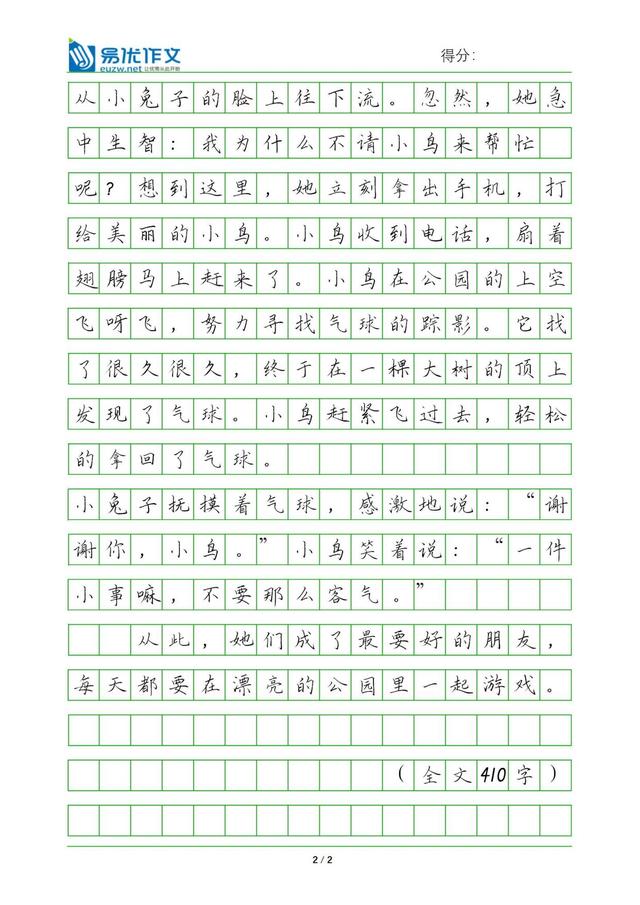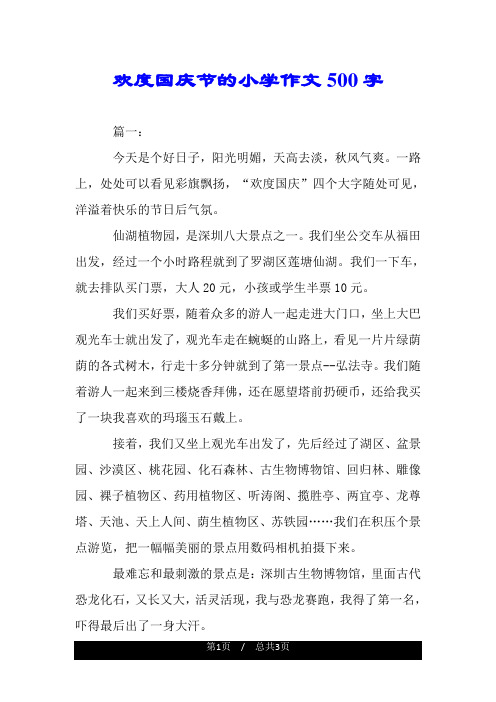关于动物的英语作文(Animal English Essay)
Animals are an indispensable part of our planet, bringing vitality and diversity to the natural world. They play crucial roles in maintaining ecological balance, providing companionship to humans, and even contributing to scientific research and economic development. This essay will delve into the various aspects of animals' significance, including their ecological roles, relationships with humans, and the challenges they face in the modern world, followed by conclusions and reflections on how we can better protect and coexist with them.

Firstly, let's explore the ecological roles of animals. Animals are essential components of ecosystems, each occupying a specific niche and performing unique functions. Predators, such as lions and wolves, help control the population of herbivores, preventing overgrazing and allowing vegetation to thrive. Herbivores, like deer and rabbits, graze on plants, which promotes new growth and the spread of seeds through their droppings. Pollinators, such as bees and butterflies, are responsible for fertilizing a vast majority of flowering plants, enabling the production of fruits and seeds. For example, without bees pollinating crops like apples, almonds, and many vegetables, the agricultural industry would suffer tremendous losses. Additionally, animals contribute to nutrient cycling. When they excrete waste or die, the decomposition of their bodies returns nutrients to the soil, enriching it and making it fertile for plant growth. This intricate web of interactions illustrates how animals maintain the delicate balance of ecosystems, ensuring their stability and resilience.
The relationships between animals and humans are multifaceted. On one hand, animals have been domesticated throughout history to fulfill various human needs. Livestock like cows, pigs, and chickens provide us with food, such as milk, meat, and eggs. Dogs have been loyal companions and guardians, assisting in hunting, security, and even therapy for people with physical and mental disabilities. Cats help control rodent populations, protecting our homes and stored food supplies. Horses have been used for transportation and agriculture, carrying heavy loads and plowing fields. On the other hand, animals also hold significant cultural and emotional importance for humans. Many cultures revere certain animals as symbols of traits or values. For instance, the Chinese zodiac features twelve different animals representing years in a cycle, with each animal associated with unique characteristics. Moreover, pets bring immense joy and comfort to their owners, reducing stress and enhancing the quality of life. People often form deep bonds with their pets, considering them members of the family.
However, animals are facing numerous challenges in the modern era. Habitat loss due to deforestation, urbanization, and agricultural expansion is one of the most pressing issues. As forests are cleared to make way for cities and farmlands, countless species lose their homes and natural resources. For example, the Amazon rainforest, which is home to a rich diversity of wildlife, has been experiencing alarming rates of deforestation. Many animals are forced to move to smaller and fragmented habitats, where they struggle to find food and mates, leading to population declines and even extinction. Another major threat is pollution. Industrial chemicals contaminate water sources and soil, poisoning animals that come into contact with them. Plastic waste chokes marine life when it enters the oceans, mistaking it for food or getting entangled in it. Climate change also has a profound impact on animals. Rising temperatures alter the distribution of species and disrupt migration patterns. Polar bears in the Arctic are struggling to find enough sea ice to hunt seals as the ice melts at an unprecedented rate. Furthermore, illegal poaching and hunting for trophies or traditional medicines continue to threaten endangered species, pushing them closer to the brink of extinction.

In conclusion, animals play vital roles in the ecological balance, have deep relationships with humans, and yet are confronted with multiple threats in the contemporary world. As stewards of the planet, it is our responsibility to take measures to protect them. We need to establish more protected areas to conserve natural habitats, enforce stricter regulations against pollution and poaching, and promote sustainable land-use practices. Only by recognizing the intrinsic value of animals and working towards their preservation can we ensure a harmonious coexistence between humans and the diverse array of creatures that share our Earth.
更多精彩》



